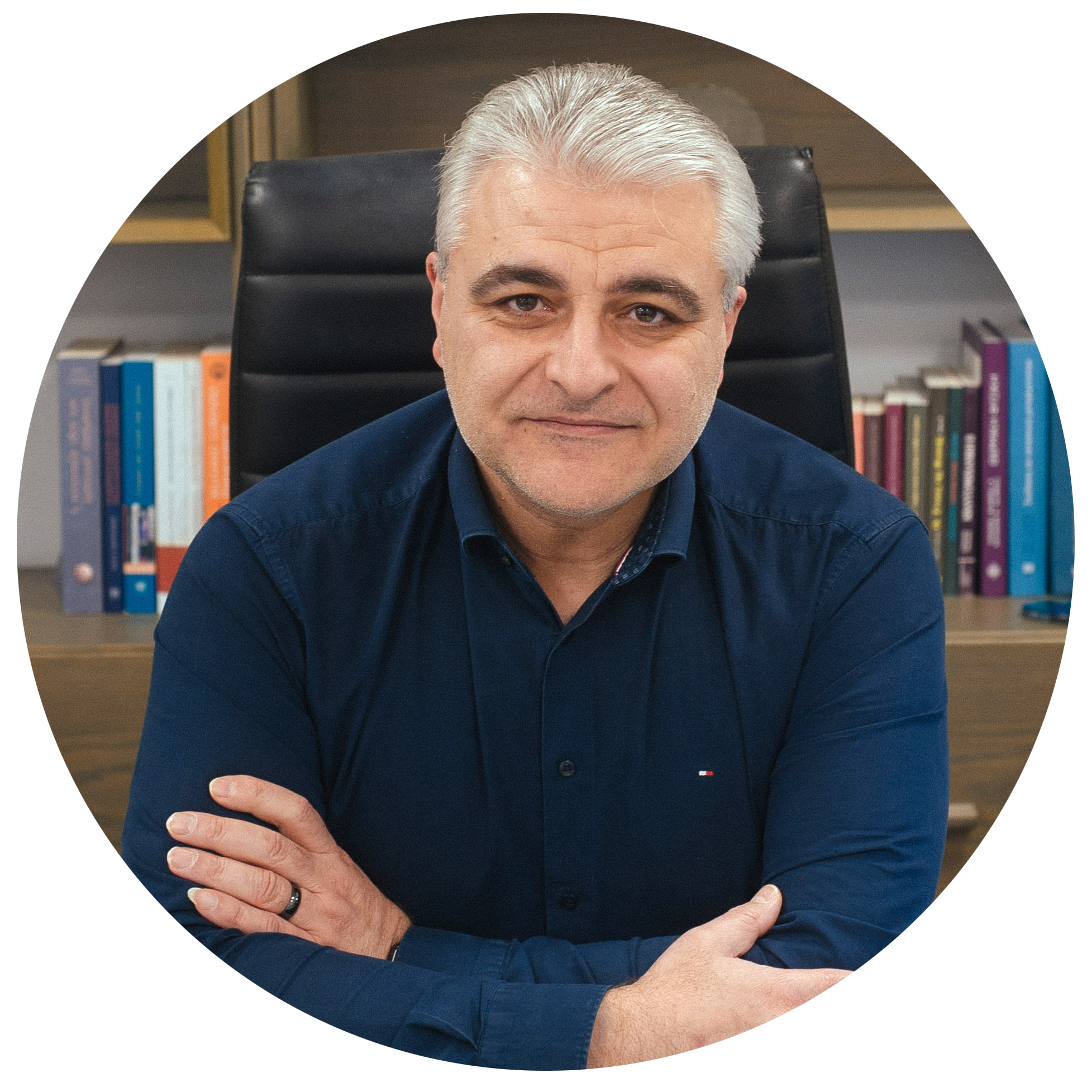Ageing is driven by the inexorable and stochastic accumulation of damage in biomolecules vital for proper cellular function. Although this process is unpredictable and uncontrollable, the decline associated with ageing is broadly influenced by genetic and extrinsic factors. Numerous gene mutations and treatments have been shown to extend the lifespan of diverse organisms ranging from the unicellular yeast to primates. It is becoming increasingly apparent that most such interventions ultimately interface with cellular stress response mechanisms, suggesting that longevity is intimately related to the ability of the organism to effectively cope with both intrinsic and extrinsic stress. I will present our observations indicating that defective removal of damaged mitochondria is a pivotal event in neurodegeneration. Mitophagy is a selective type of autophagy mediating elimination of damaged mitochondria, and the major degradation pathway, by which cells regulate mitochondrial number in response to their metabolic state. These findings highlight mitophagy as a potential target for the development of innovative, effective therapeutic interventions towards battling human neurodegenerative disorders.
From Charcot to zebrafish: decoding ALS one gene at a time
Prof. Dr. Edor Kabashi
Imagine – Institute of Genetic Diseases and Charcot Institute, Paris, France




